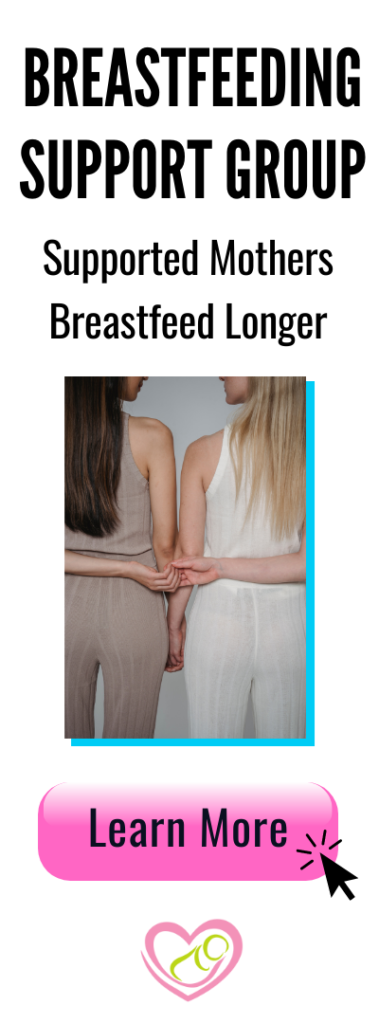5 Reasons Elderberry May Not Be Safe While Breastfeeding
December 16, 2021 2024-06-20 16:525 Reasons Elderberry May Not Be Safe While Breastfeeding
5 Reasons Elderberry May Not Be Safe While Breastfeeding

Elderberry is one of the most widely used medicinal plants in the world. Aside from the reported immune benefits, the berries are highly nutritious, full of antioxidants, vitamin C, fiber and other beneficial compounds.
But…
Did you know most formulations of Elderberry Syrup are not considered safe for breastfeeding mothers?
Read to the bottom for a safer way to use this popular immune boosting remedy!
Infant Risk Center was established by Dr. Thomas Hale, a world renowned clinical pharmacologist, leading expert in the
use of medications during lactation, and author of Hale’s Medications and Mothers Milk, an essential reference manual for clinicians. The Infant Risk Center offers the most current, complete, and evidence-based information on the transmission of maternal drugs into human milk.
5 reasons why the Infant Risk Center categorizes elderberry syrup as L4: Potentially Hazardous
1) It has not been studied in breastfeeding mothers. Ethical concerns abound when attempting to do true double blind scientific research on pregnant or breastfeeding women. This is one main reason for the lack of data on herbs in this population.
2) It is not regulated, and the components in commercial formulas are unknown. “Proprietary blends” contain undisclosed ingredients and may contain inconsistent levels of active ingredients. Breastfeeding mothers need to know exactly what they’re consuming.
3) Some parts of the elderberry plant contain higher levels of toxic components. Elderberry’s exact nutritional composition varies with the variety of plant, the ripeness of the berries when harvested, environmental conditions, and climate. Therefore, products may contain varying levels of active ingredients, as well as other plant components besides the actual berries. These other parts of the plant -such as unripe berries, bark, leaves, and roots- contain lectins (causes stomach problems) and cyanogenic glycosides (can release cyanide, a poison). It is impossible to be sure what is contained in the formulation, and the bark, roots, leaves, and unripe berries can release a significant amount of cyanide. While this is not considered a problem for adults in small to moderate quantities, it may be toxic to babies if transferred through breast milk.
4) It is unknown whether heat kills off enough of the toxic parts to be safe for breastfeeding. All elderberry needs to be cooked prior to consumption, and most of the toxic substances found in the berries are safely removed by cooking. This is not the case for stray bark or leaves that may get into the mixture in commercial preparations. Again, breastfeeding mothers need to know exactly what they are consuming.
5) Some store bought syrups also contain other potentially troublesome ingredients. Many commonly sold brands contain potentially dangerous substances such as bryonia, which has serious safety concerns even in small amounts, and is completely untested in breastfeeding mothers.
A safer way to use it:
According to the Infant Risk Center, elderberry syrup is probably safe if it’s homemade with fresh, ripe berries only. With dried berries, it’s impossible to tell if they were ripe, so it’s best to avoid while breastfeeding. Since elderberry products are not evaluated by the FDA, Dr. Hale suggests to contact an herbal authority before ingesting while breastfeeding.
While we encourage finding a natural solution whenever possible, and always advocate for less exposure to potentially harmful chemicals, it is important to remember that natural does not always equal safe. This is extra important to remember when it comes to children and babies, which is the purpose of this article. There have not been any adverse affects reported, but without solid research confirming that it is safe, best practice is to refrain from using elderberry syrup while breastfeeding.
Questions? We’re here for you! Request an appointment here.
***The information provided on our website is intended solely for general educational and informational purposes only. It is neither intended nor implied to be a substitute for professional medical advice. Always seek the advice of your physician for any questions you may have regarding your or your child’s medical condition. Never disregard professional medical advice or delay in seeking it because of something you have received in this information.***
Search
baby bottle feeding breastfeeding breastfeeding latch breastfeeding pain breast milk storage breast refusal bugs cedar park regional clogged duct contraceptives daycare discharge doula engorgement exercise foremilk galactogogues hindmilk hospital how to latch baby labor low milk supply low supply massage mastitis newborn care nursing strike nutrition pacifiers plugged duct plugged ducts postpartum prenatal pumping relactation siblings sleep sore nipples breastfeeding suck training tax breaks thrush tongue tie video weaning
Search



